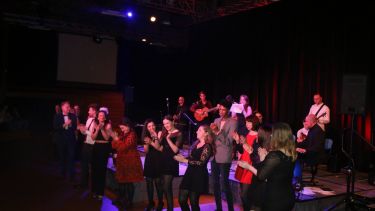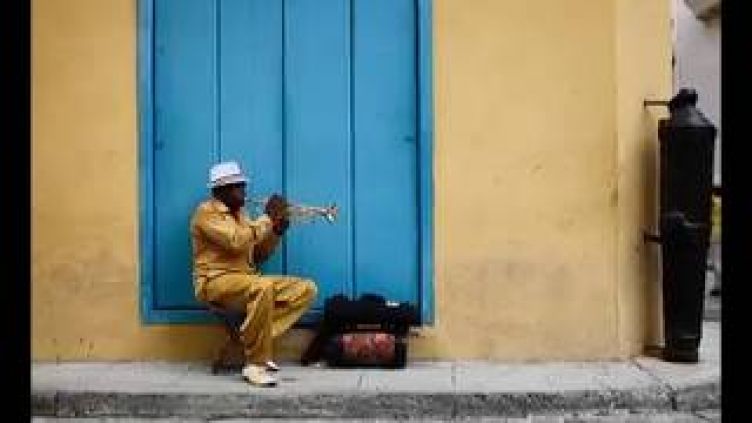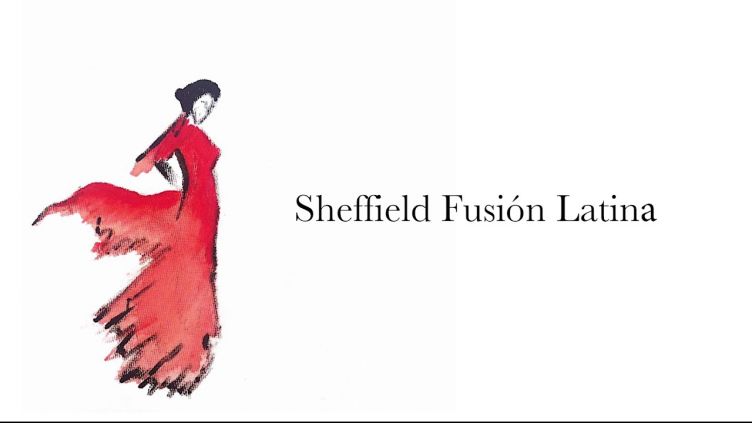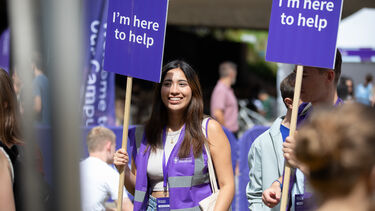‚ÄúPopular music movements reflect on and respond to events of political and historical significance‚Äù, says Dr Peter Watt, who developed and teaches the module Popular Music in the Hispanic World, an excellent example of our creative curriculum. At 91÷±≤• we are convinced that engaging in the creative process is a fundamental way to deepen understanding and to strengthen a sense of self-worth and (language) confidence.
“Each week in our lectures, we tackle a different topic that explores the relationship between popular music and the wider world, for example how Caribbean music was shaped by the transatlantic slave trade. Or how, in the immigrant city of Buenos Aires, the tango emerged when men started to dance with men due to a shortage of women dance partners. We also look at how dance and music, such as tango in Argentina, bossa nova in Brasil, or mariachi in Mexico became an integral part of the way these new nations define themselves.”
'The confidence I built, through recording and performing in front of an audience for the first time has enabled me to continue in life and with my career with the confidence to speak and perform publicly [...] Thank you Peter for this module and believing in the power of music and art in a society and education system that is increasingly underplaying their significance.'
Sam Phan (BA Modern Language and Cultures)
For the practical element of the course students research a piece of music they are interested in. This can be a piece of music or a song they want to perform. Each year Peter Watt is amazed at what the students can do, even those who are not musically trained. Then it is time to record, add appropriate design work, and, organise, produce and promote .
This year’s grand finale was planned for 14 May 2020 and could not take place. Instead students will record their music in their 'lockdown studios'. Although we all missed the buzz of the live performance, the music perhaps speaks even more powerfully in our suspended normality.
Not all students are keen to record music. They opt to produce a podcast: in small groups they research a related topic such as the role of women in protest music or music and the slave trade. They present their research as a recording that should be informative and a good to listen.
'I found the lectures really well-prepared and that the classes fostered a lot of opportunity to contribute original ideas and approaches to the topics [...] The module opened my eyes to the real world impacts that music has had on shaping the cultural landscapes of Hispanic musical communities around the world, something that I found particularly relevant given the current climate of Latin pop’s resurgence in Western music markets.'
Dylan Morin (BA Hispanic Studies)
The module Popular Music in the Hispanic worlds will run in 2020-21.




